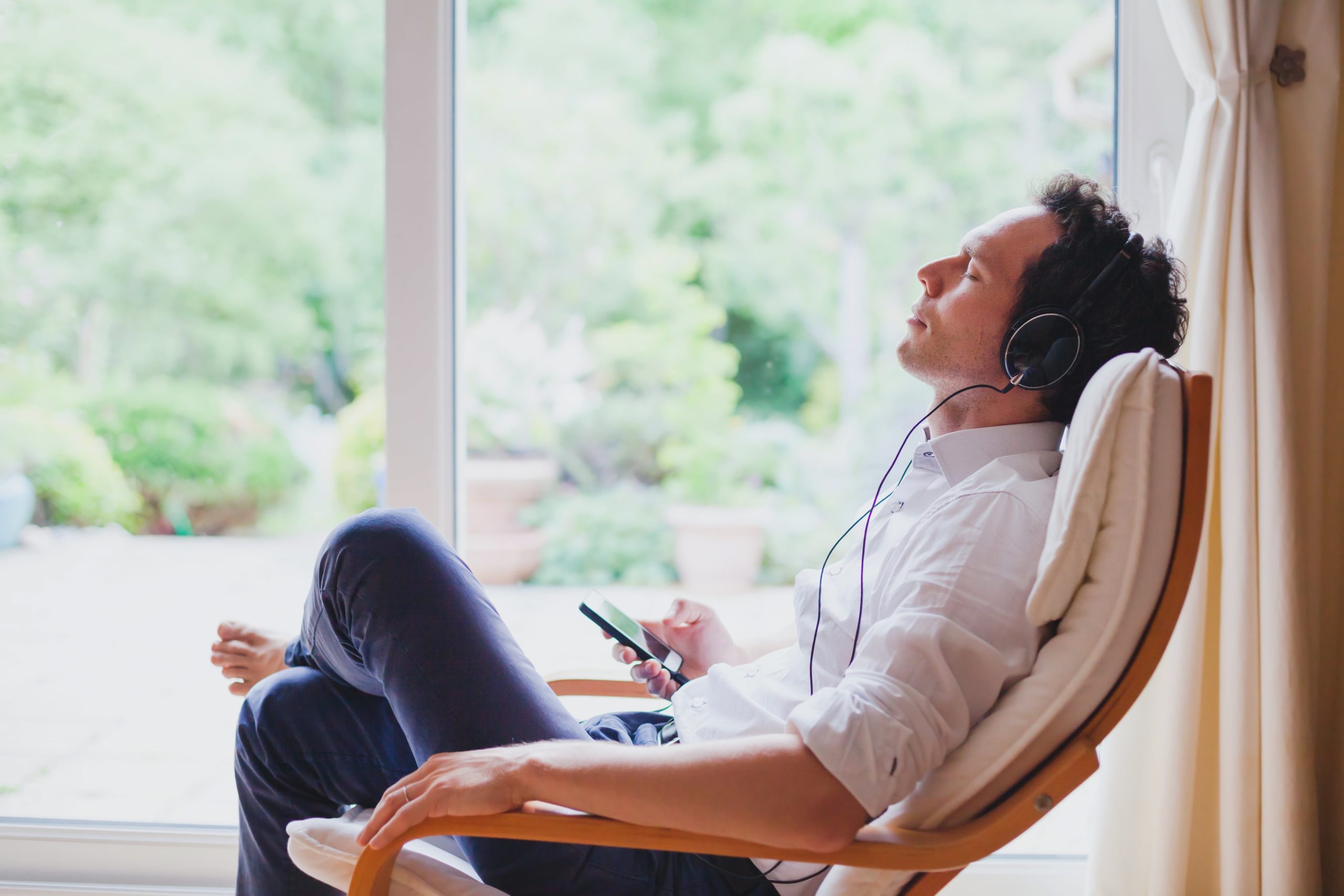Resilience has evolved from an HR buzzword to the mantra of the post-pandemic world. Businesses and individuals alike are searching for a way to bounce back—emotionally, physically and financially—from COVID-19 and all that’s come with it.
You’ve probably heard self-care and self-improvement used interchangeably, but it’s important to recognize the difference between the two. When we talk about self-improvement, mental health is often a key aspect that people look to develop. Self-care is the active engagement in activities that help to reduce personal stress and improve overall mental wellbeing.
Whether that’s spending a night on the couch reading a good book, using your lunch break to go for a walk or socializing with friends, self-care can take on many forms and might look different for everyone. Alternatively, the goal of self-improvement is to become a better version of oneself through one’s own efforts. This may involve learning a new skill, establishing a new routine or setting goals to improve personal health, status or situation.
While these are two separate concepts, they can work together to help us overcome difficult circumstances and strengthen our mental wellbeing. In many ways, self-care is the foundation of self-improvement. When we’re overwhelmed by stress, we may lack the resilience necessary to take the steps to work towards bettering ourselves and our situation. But when we take care of ourselves, we are better able to channel our energy to work on ourselves.
Want to learn more about how Personify Health can impact your workforce? Book a meeting with us.
So what does this mean for employers? Resilience is a key skill that workforces must develop in order to overcome seasons of uncertainty and change. By centering company culture around wellbeing, organizations give their employees the opportunity to put self-care and self-improvement first, boosting their mental health and resilience and creating a happier, healthier workforce in the process.
As many employers continue to manage a largely remote workforce, they’re facing additional challenges with keeping employees connected, engaged and healthy. This physical distancing can leave employees feeling disconnected from the organization’s culture and can negatively impact mental health.
A virtual workplace wellbeing challenge can help bridge that gap and kickstart a culture of health, resilience and engagement for a dispersed workforce. Team-based healthy habit challenges can help employees feel supported, encouraging them to prioritize self-care and build the foundation for self-improvement, resulting in a motivated, more resilient workforce.
Ready to unite and empower your employees on the path to wellbeing?



